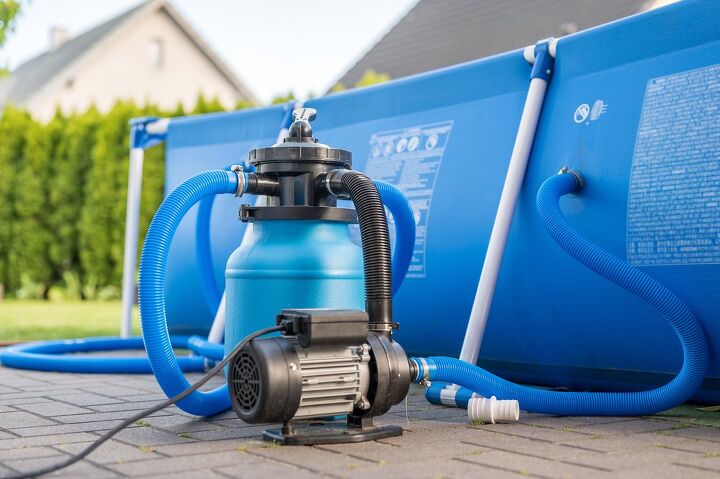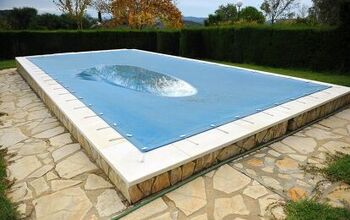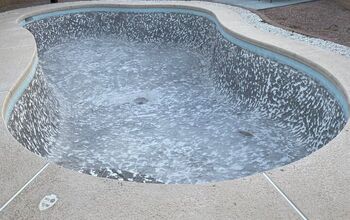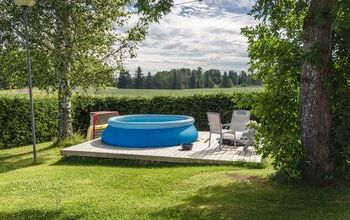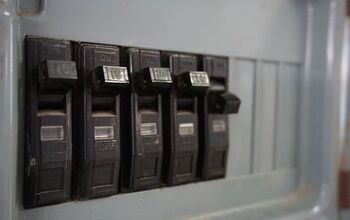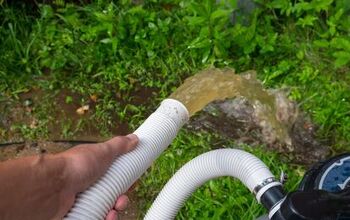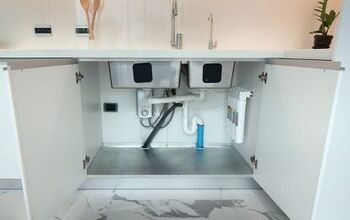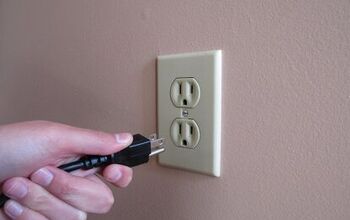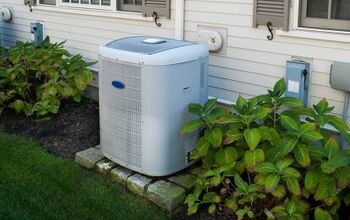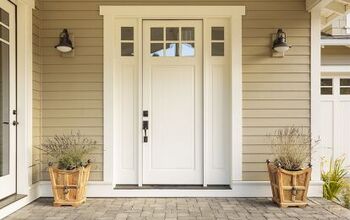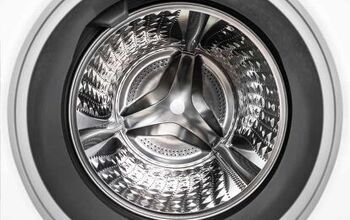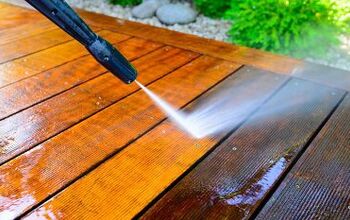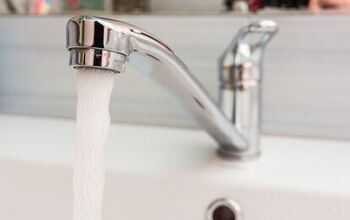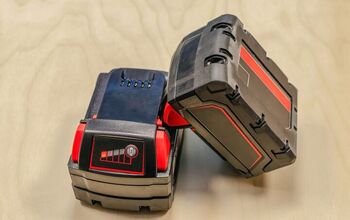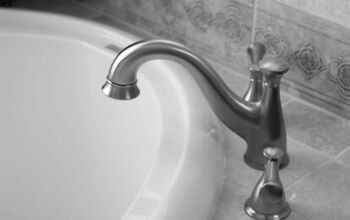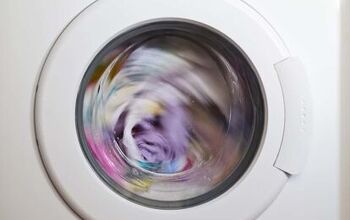What Size Breaker Do You Need For A Pool Pump? (Find Out Now!)

People don’t always realize this when they’re bathing, but pools require a lot of electricity to make things work. Pools have to have that current running so that their vacuums work, so that things are heated, and so their pumps work. They tend to put a lot of stress on breakers. Sometimes, it may be too much for older breakers. That’s why you should know what size breaker you need for a typical pool pump.
Both in-ground and above-ground pools will need a breaker that carries at least 20 amp to be able to support your pump. Many homes already have that much for a breaker. However, not all do. If you have reason to believe you need an upgrade, it’s best to call a professional electrician.
Understanding the needs your pool has is important. In the case of getting your pool’s electrical needs met, you might have to read up on the subject.
Do You a Need Pool, Spa, or Hot Tub Contractor?
Get free, zero-commitment quotes from pro contractors near you.

The Best Breaker Size For A Pool Pump
Every single pool will have its own needs, but there are some general tips that you can use to figure out if you need a special breaker. Most pool pumps will need 20 amps to run a pool pump without any issue to the rest of your setup. (Technically, it’s a 240V/10amp setup for most, but still.)
If you have a particularly high-powered pump, you might need a more advanced breaker. It’s important to take all the details into account.
Other Important Electrical Requirements That You Should Know
Though your pump is definitely the biggest part of most pool-related electrical bills, it’s not the only issue to take into account. These issues below can also eat up your electrical breaker usage:
- A pool heater can require as much as 50 amps and 240 Volts of power. This is also normal for hot tubs.
- A saltwater chlorinator can take as much as 240 Volts and 6 amperes of power. It’s a downside of a chlorinated pool, amirite?
- Pool lights generally are between 12 to 24 Volts to install. The more lights you have, the higher the wattage will be.
What Happens If You Don’t Have The Right Breaker For Your Pool?
If you do not have the right size breaker for a pool, then you’re going to have a lot of tripped breaker moments while you take a swim. This can lead to excessive wear and tear in your breaker. In some cases, it can also make it hard to run basic items around your home while your pool is pumping, too.
What Should I Do If My Breaker Can’t Handle The Power Requirements?
If your pool requires more amps than your breaker can handle, then you are probably going to have to upgrade your breaker. This means that you will need to call an electrician to find out how much of an upgrade you will need. From there, you have three probable outcomes that could occur.
In many cases, you will be able to switch your breaker box for a new one. A less common solution is that you may need to get a second tandem breaker to help keep the flow of electricity stable. In a handful of cases, you might get a “sub-box” underneath your main box just to handle everything.
Can I Upgrade My Breaker On My Own?
NO! This is extremely dangerous and can actually have lethal consequences for people who aren’t licensed. Even if you know what type of breaker upgrade you need, the chances of getting something wrong during the wiring work are too high.
Your breaker needs to be put in by a professional. Even if you know how to replace a breaker box, upgrading it is a whole ‘nother rodeo. If you improperly upgrade your breaker, you could waste money at best. At worst, you could electrocute yourself and die.
In many jurisdictions, it’s also against building code to upgrade a breaker on your own. So, there’s that aspect to consider too. If inspectors find no record of a professional upgrade, you might end up having your building condemned. They also might fine you.
How Much Does A Breaker Upgrade Cost?
It all depends how much you need to upgrade your system. Most breaker upgrades will be between $1,000 to $3,000. In more extreme cases, you may also need to do additional wiring for an outdoor pool-only breaker. If you find yourself in a situation like that, it has to be reviewed on a case-by-case basis.
Do You a Need Pool, Spa, or Hot Tub Contractor?
Get free, zero-commitment quotes from pro contractors near you.

Related Questions
What kind of breaker do I need for my swimming pool pump?
The current national building codes require all pool pumps to be hooked up to a GFCI breaker. If you have an older system that you used, it may have been grandfathered in. However, any pool setup constructed after 2017 needs to involve a GFCI breaker. Otherwise, it’s considered to be an unsafe pool and can lead to serious building code violations.
Does a pool filter need its own dedicated circuit?
Most people greatly underestimate how much energy your pool filter really needs. Due to the high electricity cost of a typical pool filter, most pool electricians suggest placing it on its own dedicated circuit. If you have an unusually small pool filter, you might be able to hook it up with the rest of your circuit. However, this is more of an exception to the rule than the actual rule itself.
What kind of professional should you hire for electricity-related pool problems?
If you are new to pool ownership, you should know that you have two main options for electrical problems regarding your pool. The first choice is to go to a licensed electrician. Most electrician companies will be able to work on pool setups without any issue.The other option is to work with a pool electrician. This is a specialist role and will often cost marginally more. However, they tend to be more well-versed in building codes and you can rest assured that they will be able to do all of the work that you have for them.

Ossiana Tepfenhart is an expert writer, focusing on interior design and general home tips. Writing is her life, and it's what she does best. Her interests include art and real estate investments.
More by Ossiana Tepfenhart



